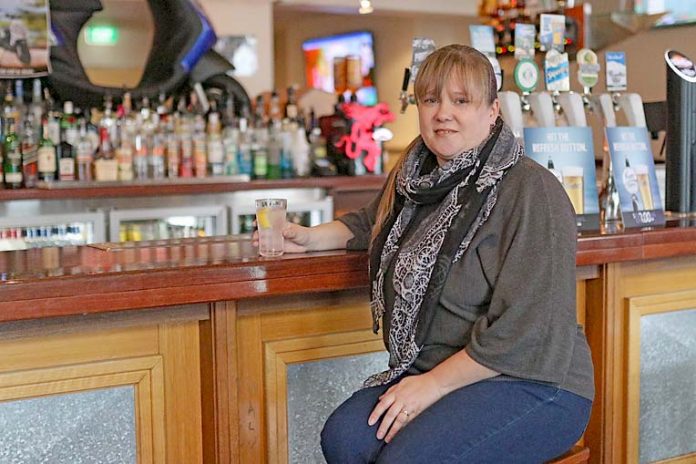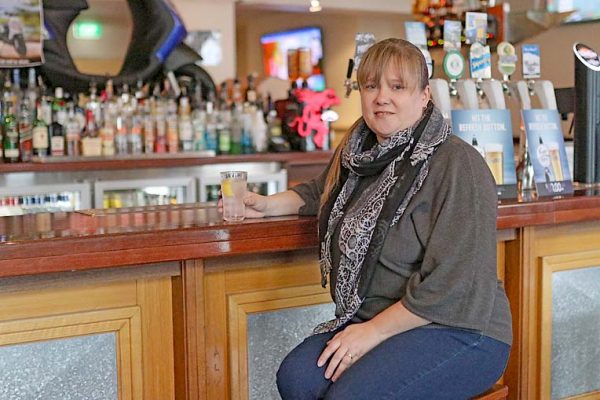

OVER half of South Australia’s population is unaware alcohol is a risk factor for cancer according to the Cancer Council of South Australia.
Released as Dry July participants countdown their final “alcohol free” hours, the 2018 Cancer Council SA survey on the drinking habits of the state’s adults showed 58.4pc of women and 67.2pc of men did not identify alcohol as an important risk factor for cancer.
In addition, 65.2pc of South Australians did not want to reduce, or look to reduce, their alcohol consumption in the next six months.
With Dry July officially ending tomorrow, Cancer Council SA community education project officer and dietitian Nat von Bertouch urged participating Limestone Coast residents not to fall back into old habits.
“Giving up alcohol for a month is a fantastic achievement, but with just 4.4pc of South Australians looking to reduce their alcohol consumption in at least the next six months, the problem is in finding ways to change our drinking behaviours in the long term,” she said.
“We know that approximately 1400 alcohol-related cancers could be reduced every year if Australians stuck to the National Health and Medical Research Council guidelines of no more than two standard drinks a day.
“Even drinking moderate amounts of alcohol increases the risk of cancers of the mouth, pharynx, larynx, oesophagus, liver, breast and bowel.”
In addition, the data showed one in 13 South Australian adults were categorised as high-risk drinkers, consuming more than two standard drinks per day over the course of an average week, with men more likely to be high-risk drinkers than women.
Mount Gambier resident Hanna Persello – who participated in this year’s Dry July – said giving up alcohol to raise money for cancer was a “no brainer”.
“I have lost many people I loved to cancer as well as know many who have fought it and have so far beaten it,” Ms Persello said.
“It is such a horrible thing which we have lost many people to and I just thought this was one way I could contribute.”
Ms Persello said the cause was a “win-win” situation with participants raising funds for cancer while undergoing a “healthy detox”.
“As I am a football trainer, on Saturday nights when the game finishes I would usually have a beer with the players,” she said.
“It is such a major part of Australian culture now and we have a drink with almost everything we do.
“Now being part of this challenge, I will stop looking at alcohol as a reward and may even change an after-work glass of wine for a warm cup of tea.”
Ms Persello urged people to continue supporting the cause through online donations.







